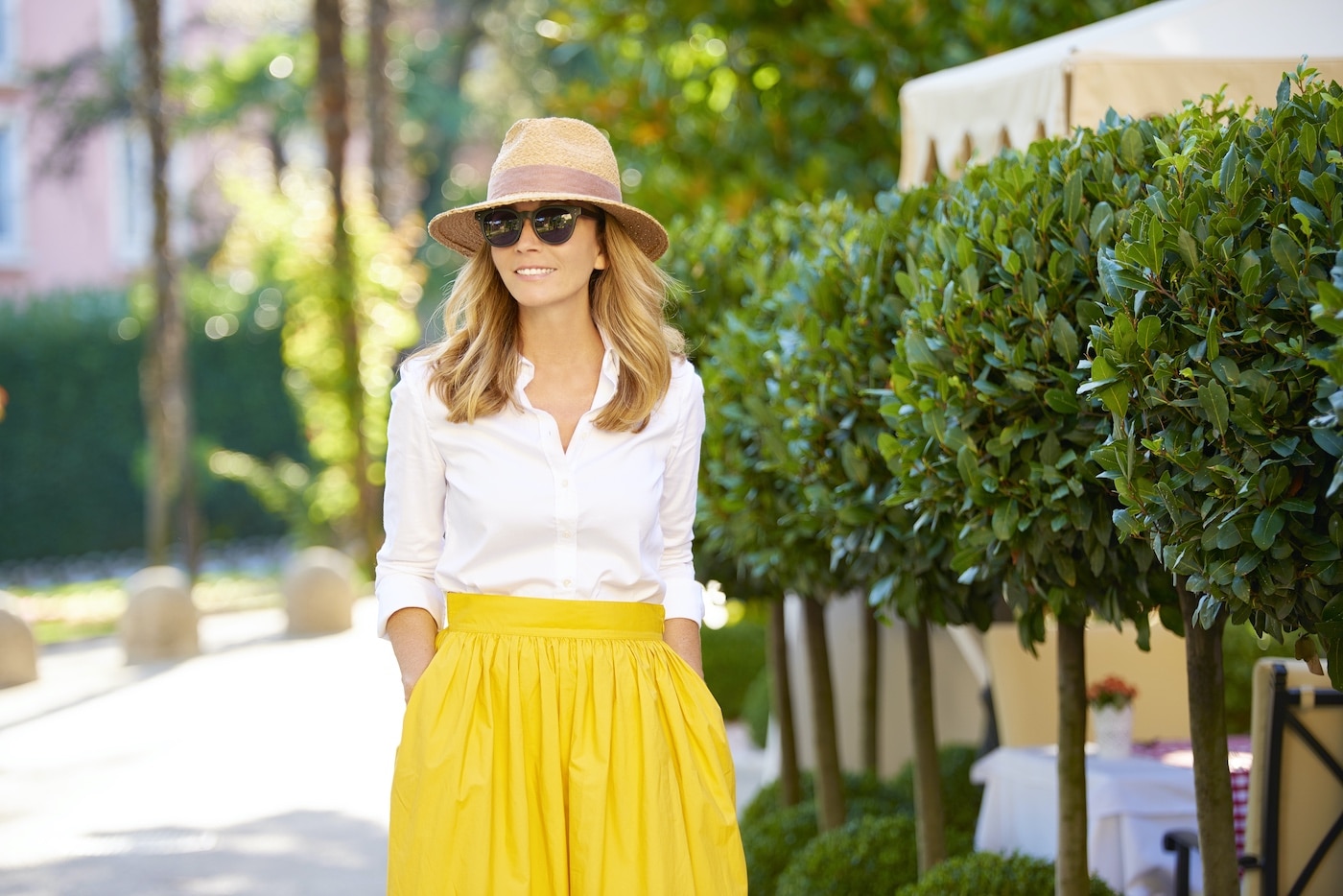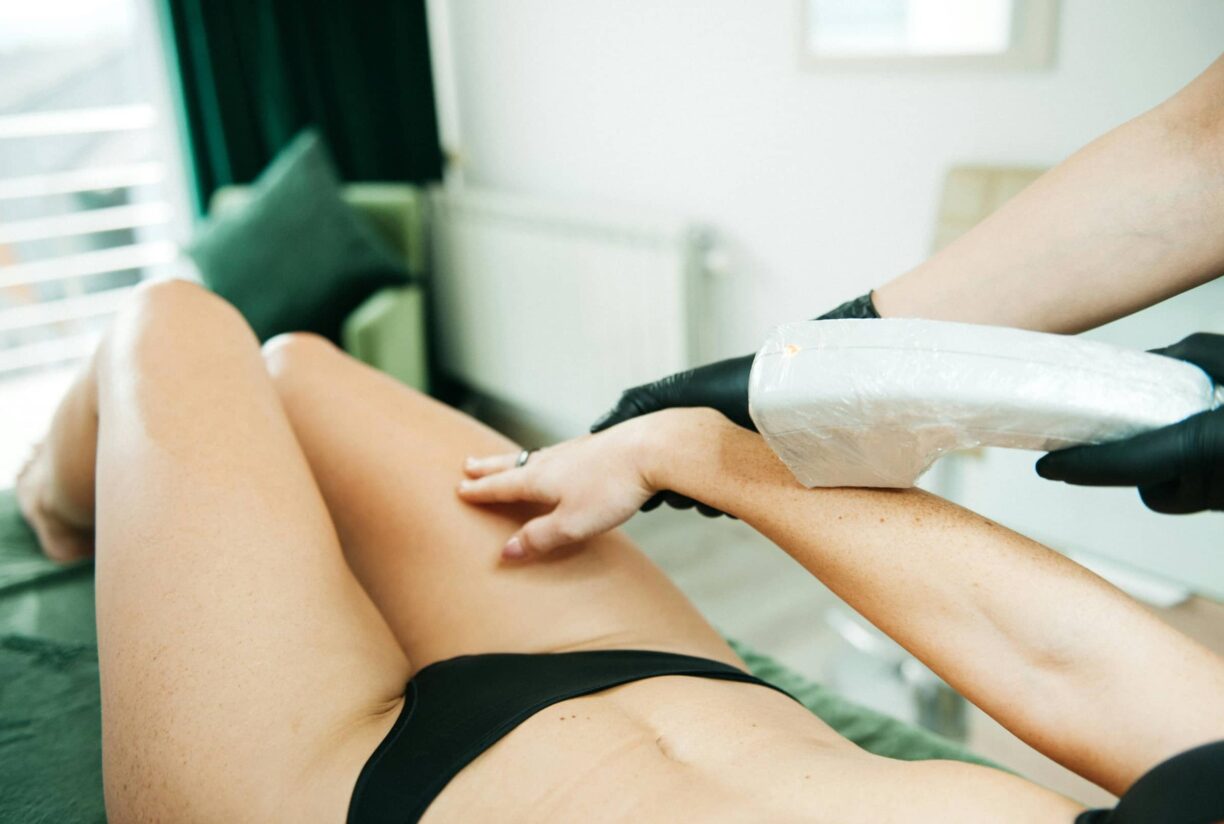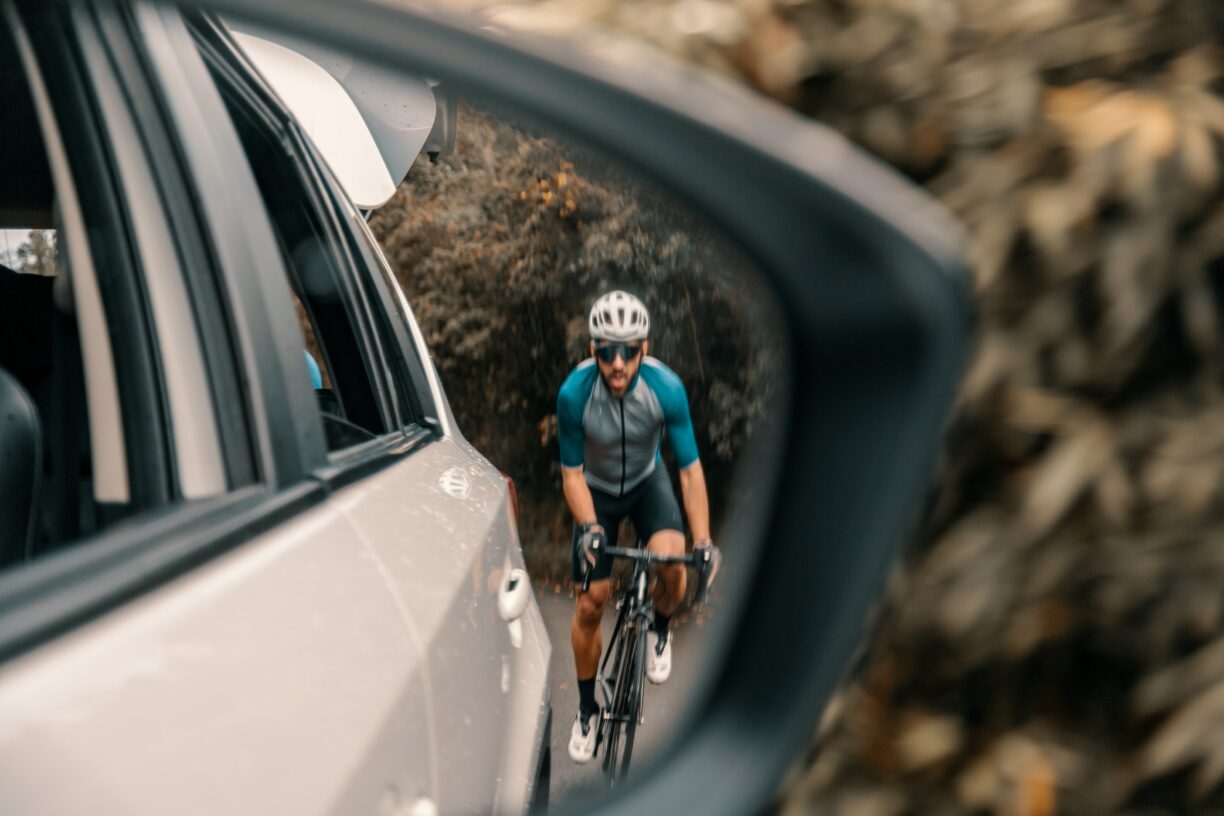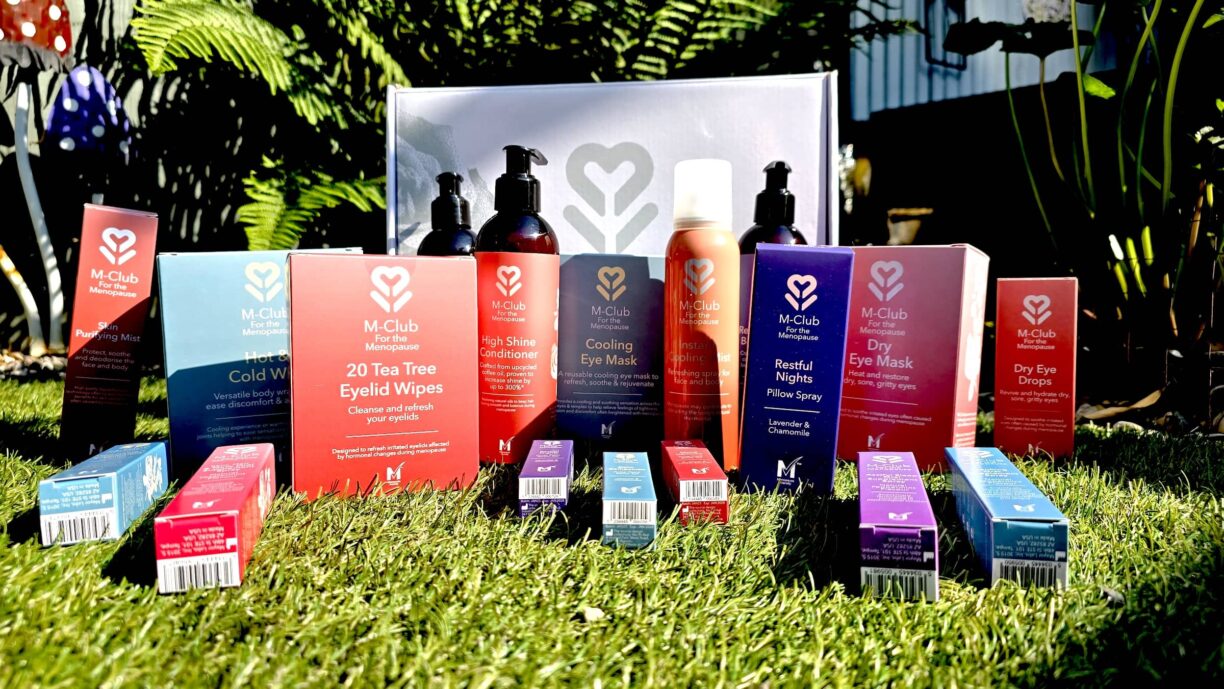With the summer comes warmer weather, and – hopefully – lots of sunshine. But this time of year can play havoc with our eyes and put them at risk of damage or irritation for lots of different reasons.
From sun cream and sand, to hay fever and having a splash in the pool, lots of summer activities require us to take extra protection when it comes to our eyes.
Here Mark Shelton, Optometrist and Clinical Development Coach at Bayfields Opticians and Audiologists, explains how you can look after your eye health throughout the summer so you can enjoy it to its full potential.
UV exposure
“You need to protect your eyes from the sun just as you would your skin, because they’re even more to UV light.
Photokeratitis is sunburn of the cornea, and happens when the eye is exposed to harmful UV rays from the sun. It is much less likely to happen than sunburn, as your eyelids protect the cornea from the majority of the suns UV light, however it is possible.
Symptoms of photokeratitis include dry eyes, discomfort, itchiness, redness, swelling and blurry vision, amongst other things.
But while the short-term effects of photokeratitis can be problematic, the long-term effects of UV light are far more concerning, with sight-threatening conditions like cataracts and Macula degeneration linked with cumulative UV exposure in your eyes.
As life expectancy increases and the amount of UV light penetrating our atmosphere is at an all-time high due to global warming, it is more important than ever to make sure that you wear sunglasses with high UV protection whenever you’re outside on a sunny day.
Although some contact lenses can provide some UV protection, no contact lenses currently protect your eyes to the same level as sunglasses so even contact lens users should still use sun glasses. Additionally, you can minimise your risk further by wearing a hat with a wide brim.”
Hay fever
“Hay fever is a common problem each year and causes problems with the eyes because pollen particles set off an allergic reaction in the conjunctiva (allergic conjunctivitis) – the transparent membrane which covers the eye.
It becomes inflamed, causing the eyes to become red and itchy. Because the body’s natural response is to wash pollen out, many sufferers end up with watery eyes.
This year, hay fever seems to be worse then ever; experts think this might be caused by the extra time we’ve spent indoors during lockdowns and social restrictions, meaning our eyes are less familiar to the impact of pollen.
There are several things you can do to alleviate your hay fever symptoms, including:
· Staying indoors when pollen counts are at their highest. This tends to be between 10:30am and 3:30pm, and on windy and humid days. However, the Met office produce a pollen forecast that you can access online for more accurate information
· If you use contact lenses, switch from reusable to daily disposable lenses or contact lenses to glasses, and then swap your usual glasses and sunglasses to a wraparound style, to keep pollen out of the eyes
· Avoiding alcohol, which is known to increase allergy symptoms
· Using an air conditioning unit to filter the air in the buildings you’re using
· Bathing your eyes regularly in cold water or using hay fever relief wipes
· Removing hair, including a fringe, from your face – pollen gets trapped in hair and can reach the eye
· Drying your clothes inside – materials also capture pollen, which then come into contact with your skin and can make their way to your eyes
“If you begin to spot the symptoms of hay fever and allergic conjunctivitis then acting quickly can help you resolve the problems before they escalate.
Antihistamines are available over the counter or from your local pharmacy, while allergy eye drops will really help relieve your symptoms if itchy or watery eyes have already started.
If you’re a regular sufferer of hay fever, keep a single use allergy eye drop to hand at home.
Single use drops are preservative free and last longer, meaning they are less likely to go out of date.”
Chlorine
“Although abroad holidays are off the agenda for now, UK breaks are still possible and could offer families the opportunity to splash around in a pool.
If you’re planning on spending time in the water, make sure you take your goggles.
Chlorinated water can be dangerous to your eyes, affecting the natural tear film that keeps them moist and healthy.
As a result, you might experience a gritty feeling in your eyes, or blurred vision. After taking off your goggles, splash closed eyes with fresh water to ensure you’ve washed out any harmful chemicals.”
Sand
“Beaches are synonymous with summer but getting those small particles in your eyes can make a trip to the seaside uncomfortable, and can potentially damage your eyes’ delicate tissues.
Our eyes can normally naturally flush out sand with tears and blinking, but to avoid further irritation, you should avoid rubbing your eyes, blink several times, and try lifting the upper eyelid above the lashes of your lower lid to try and brush the particles out.
If none of this works, and irritation persists, try using eyewash, saline or running water to flush your eye out.
If you’re wearing contact lenses, remove them as soon as sand gets into your eye to avoid scratching the eye’s surface.”
Sun cream
“Getting sun cream in your eyes has the potential to ruin your day. But while the chemicals in the cream can irritate the surface of your eyes, causing a burning or stinging sensation, rest assured it won’t cause any permanent eye damage.
To avoid that uncomfortable feeling of getting sun cream in your eye, apply it very carefully and slowly to your face, avoiding eyes and eyelids. Avoid using spray-on sun creams, or if you have to, avoid spraying it directly into your face.
Instead, spray it into your hands and rub it onto your skin. If sun cream does get into your eyes, try to flush it out with running water – this will remove the cream but might relieve the discomfort. If so, apply cool, wet compresses to the eye for relief.”
Outdoor activities
“Spending time outside is incredibly beneficial to our general health and is especially important for children because if they don’t get enough natural light to the retina, the risk of short-sightedness increases.
The more short-sighted a child is at a young age the higher the risk of sight threatening conditions later in life. From summer sports like basketball and cricket, to something as simple as mowing the lawn or enjoying a picnic, a huge range of outdoor activities increase the risk of foreign bodies or trauma to the eyes.
Don’t just see eye protection as something to protect you from sun exposure – wearing eye protection is important if you’re doing anything where there might be risk of injury.
Opt for sports prescription sunglasses so you can still enjoy your favourite activities comfortably and safety. And if something does get into your eye while you’re outside, follow any of the steps above.
If you think it’s a larger particle, if your symptoms persist or you think a condition or injury might be more serious, book in to see an Optometrist.
In extreme cases, call 111 and gain advice on whether or not you should visit a hospital.”





